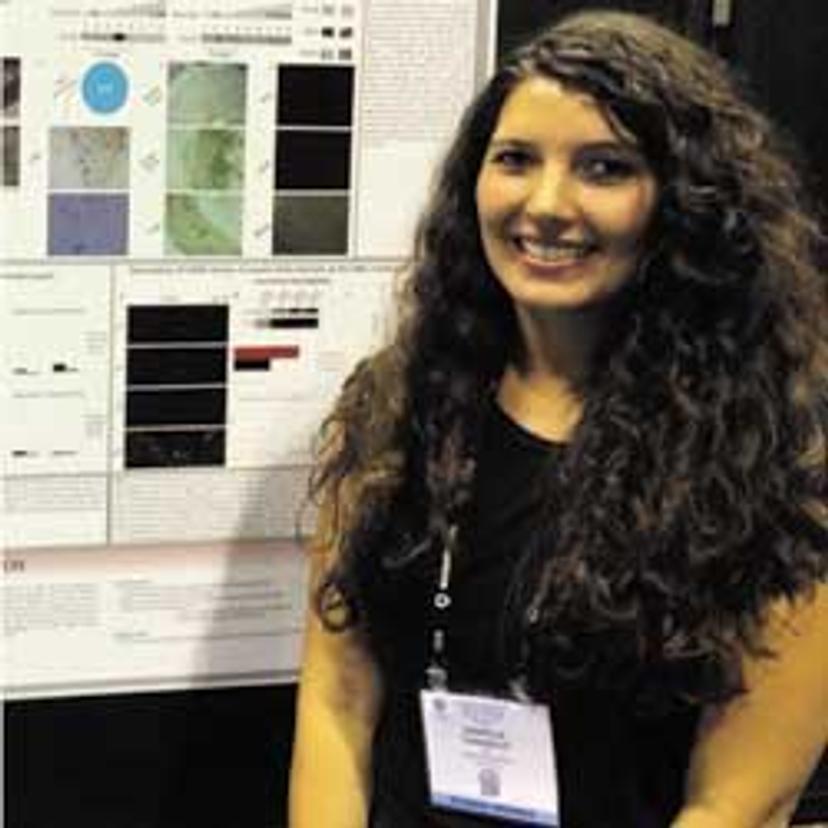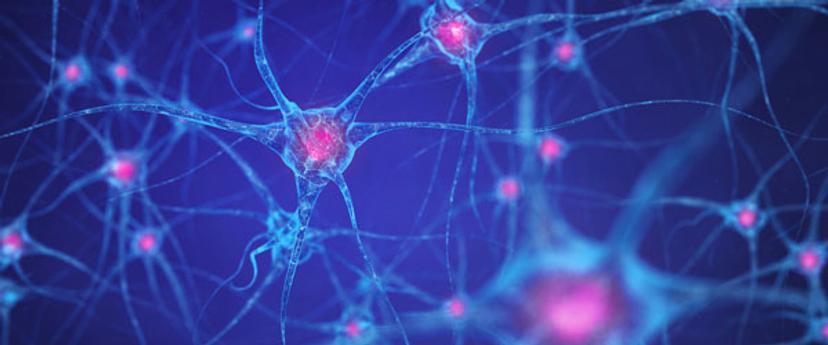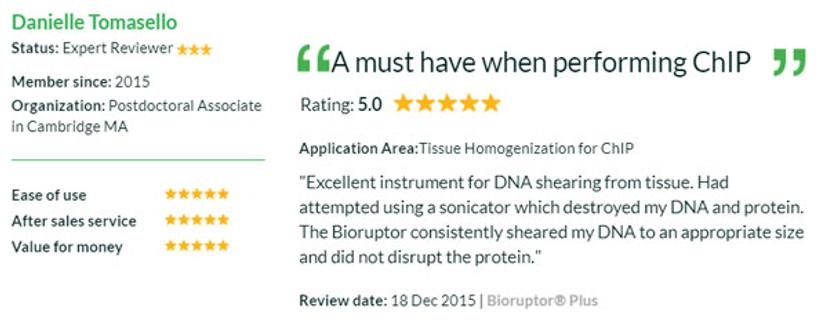Meet Danielle, Neuroscientist and SelectScience Reviewer of the Month for December
Danielle Tomasello describes an average day, her hopes for science in the future and favorite piece of laboratory equipment
7 Dec 2017

Danielle Tomasello, Ph.D., postdoctoral researcher in Cambridge, MA, USA, works in the field of neuroscience and neurology and has left an impressive 26 reviews on SelectScience.

What are you currently working on?
My project focuses on disease manifestations associated with copy number variant intervals.
Tell us what a typical day looks like for you…
Being in the early stages of my postdoctoral career, I have spent much time writing in efforts to achieve independent support for my project. I also spend a majority of my time at the bench working on experiments, and getting new projects up and running. The little free time I have, I spend between seminars, literature review, and workshops to enhance my postdoctoral training.
What inspired you to get into the world of science?
I’ve been interested in science since I was little. What really solidified my choice in selecting science for a career was my freshman biology lab. It is fascinating to ask questions that no one has asked before.
How did you get into your specific field of work?
My Ph.D. thesis work involved the study of ion channels and pain. I absolutely loved diving into the neuroscience field, and I plan to continue my studies in this field concentrating on neurodevelopment disorders.

Why are reviews important?
Reviews provide unbiased opinions straight from the user. In the field, it is difficult to discern what products are user-friendly and perform consistently. These specifications are not provided in 'Methods and Materials' sections on publications, nor are they readily provided in product comments.
Why is communication in science key?
Due to the intricacies of this field, it is essential to have communication at every level. It is so easy for things to get lost in the minute details of this work, or for a project to lose focus. Communication aids in everyone's efforts to perform at the best level we can and ensure our interests can be explained to everyone inside and outside of the field.

What’s the most innovative piece of lab equipment you use?
Our Noldus Ethovision is awesome. We use it to track zebrafish larvae in live time. We have the capability for high-throughput screening for phenotypic analysis and pharmacological intervention.
What’s your favorite piece of lab equipment?
The equipment I get the most influential data from are Thermo Scientific™ Q Exactive™ Orbitrap LC-MS/MS Systems.
Who is your hero in science and why?
I would say I am most impressed with Dr. Stephen Hawking. Even in the face of a debilitating disease, he continues to devote his time to science to uncovering the mysteries of our universe.
What’s the biggest story in science right now?
While maybe not the most recent finding, I believe the discovery of the interrelationship between the gut microbiome and the brain is fascinating. Already, this has helped thousands of people with illnesses that conventional therapeutics could not ameliorate. There is still much that can be learned from this study.
Complete this sentence: In my lifetime, I’d like science to achieve…
Significant findings into the etiology of diseases of the brain. We still understand so little about the brain, and it would be gratifying to aid in this field during my lifetime.
Would you like to be a Reviewer of the Month? Write your review here to be in with a chance.
